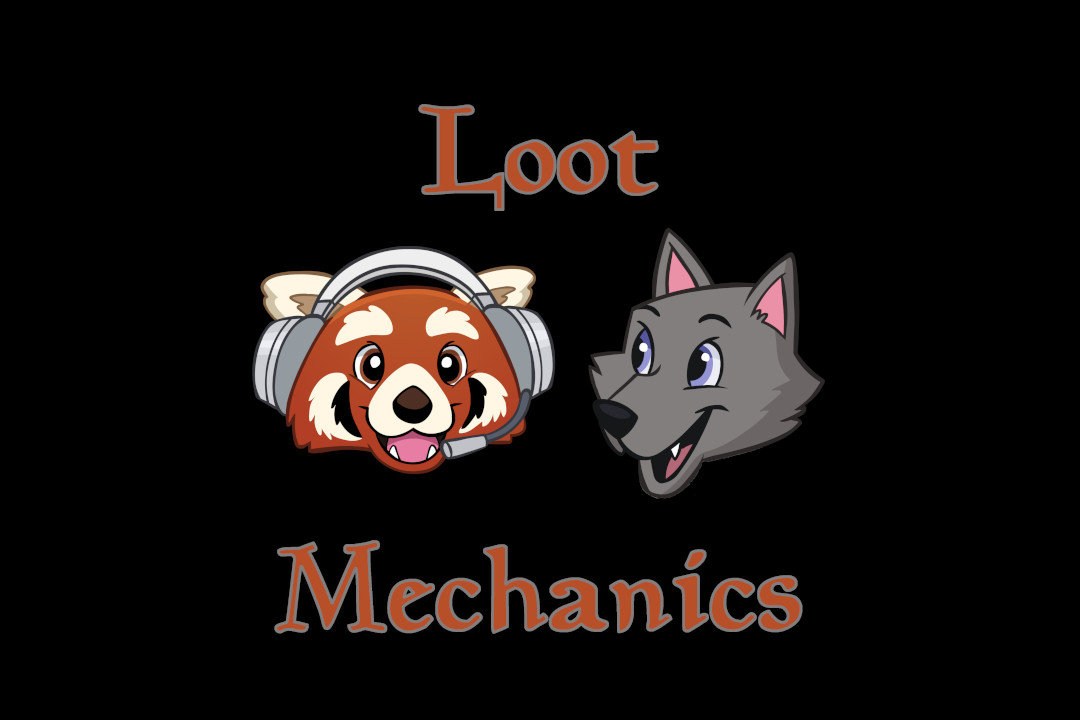Why do we listen to or watch (depending upon the format) Actual Play roleplaying podcasts?
Some people do it to learn how to play a particular tabletop roleplaying game, others do it because they enjoy the camaraderie between the players and game-master, while still others do it because they enjoy the story being crafted. This is all fine, and I suspect many fans enjoy their favorite Actual Plays for a variety of reasons, rather than just one.
Not I, though. I am there for one reason: The story. I enjoy tales crafted by a group collectively, not just a game-master creating a story which the players are run through. This is one of the reasons why I favor “Powered by the Apocalypse”-style TTRPGs over most other such games. They are built to create a collective narrative story, where the Players do most of the world-building and storytelling.
But with all this in mind, why am I creating a solo actual play TTRPG podcast? Where is this collective narrative storytelling in a solo podcast? Well, it is largely driven by the Oracle.
What is an Oracle? For solo roleplaying, it is a collection of tables, a deck of cards, or other means of randomizing the answers to questions a solo roleplayer might normally ask their game-master. I tend to use the “GameMaster’s Apprentice Storyteller’s Cards” from Larcenous Designs, but I have used many other oracles in my time, as well.
In solo roleplaying, you are both the game-master and the player. You have to rely heavily on the oracle you are using to provide the chaos, uncertainty, and drama for the game… and in my case, the podcast, as well. Rather than being a player reacting to the actions of the GM and/or other players, or the GM reacting to what the players are doing, all a solo roleplayer can do is react to what their oracle tells them. Most answer “Yes/No” questions fairly well, some add in more specific information, but all oracles create one thing that is the lynchpin of storytelling in solo roleplaying:
Inspiration.
This is where solo roleplaying diverges from standard tabletop roleplaying. While the group games take inspiration and mold their story by reacting to each other’s choices, a solo roleplayer creates the story as they go, using only the inspiration provided by their oracle.
Because of this, in my opinion, solo roleplaying makes for better storytelling. Yes, a great game-master and great players can craft wondrous stories through their roleplaying, it’s true… but most just devolve into joking around and silly stories, in the end. There’s nothing wrong with that, and those actual plays can be a lot of fun. But a solo roleplayer telling a story they create on the fly, crafted simply by their own imagination, built from reacting to their oracle during play… that is something entirely different, and something way more cohesive and enjoyable, overall.
Now I realize some might argue that solo roleplaying isn’t even really roleplaying, it is just a person talking to themselves. Well, what are a normal group of roleplayers doing? They are having a shared fantasy with friends, pretending to be someone else for a few, short hours. A solo roleplayer is doing the same thing, they just don’t have to deal with creating an adventure, nor worry about scheduling issues or last-minute cancellations.
But that’s neither here nor there.
The point is, if you are looking for a good story in your actual plays, seek out solo roleplaying actual plays. There aren’t that many out there, but you will find the storytelling quite superior to most normal actual plays, in my opinion.
Of course, I am a bit biased on the subject.


